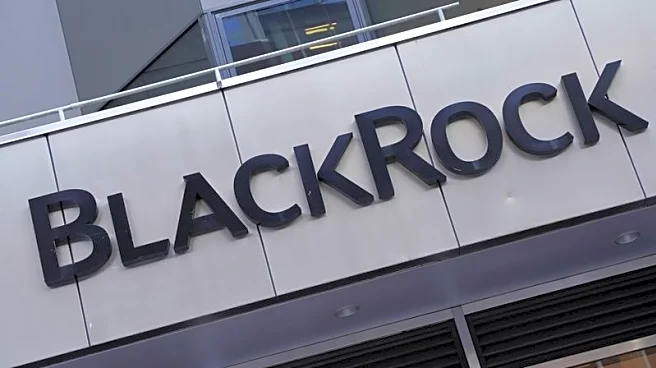What's Happening?
Simon Airey and Caitlin Sheard, partners at McDermott Will & Schulte, are recognized experts in investigations and compliance. They recently discussed the complexities of self-disclosure in compliance programs,
focusing on the Department of Justice (DOJ) in the U.S. and the Serious Fraud Office (SFO) in the UK. Airey, a distinguished barrister, highlighted the incentives for companies to self-report, such as potential leniency, but also noted the complexities involved, especially in the UK where court approval is necessary for deferred prosecution agreements. Sheard emphasized the benefits of self-disclosure, including possible declinations, but also pointed out the costs, such as time, legal fees, and reputational risks. Both experts stressed the importance of strategic planning and legal counsel to navigate these challenges, particularly given the increasing enforcement activity and evolving legal landscapes.
Why It's Important?
The discussion on self-disclosure is crucial for companies operating internationally, as it impacts their legal and financial standing. Proper self-disclosure can lead to reduced penalties and foster a cooperative relationship with regulatory bodies. However, the process is complex and requires careful navigation to avoid potential pitfalls. Companies that fail to self-disclose appropriately may face severe penalties, including hefty fines and reputational damage. This conversation is particularly relevant as enforcement activities increase globally, making it imperative for companies to understand and implement effective compliance strategies.
What's Next?
As enforcement activities continue to rise, companies are likely to face more pressure to self-disclose any compliance issues. This may lead to an increase in the demand for legal expertise and strategic planning to manage these disclosures effectively. Companies will need to stay informed about the evolving legal requirements and enforcement priorities in both the U.S. and the UK to ensure compliance and mitigate risks.
Beyond the Headlines
The ethical implications of self-disclosure are significant, as companies must balance transparency with protecting their interests. The decision to self-disclose involves not only legal considerations but also ethical ones, as companies must weigh the potential benefits against the risks of exposure. This dynamic underscores the importance of a robust compliance culture within organizations.










